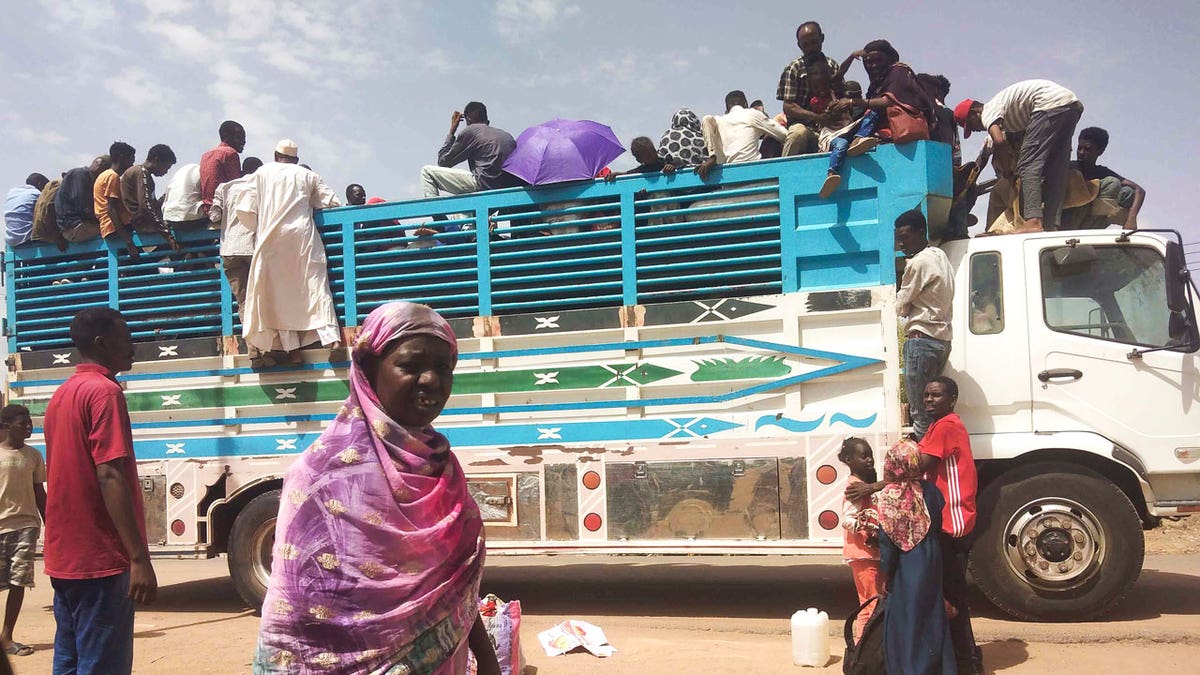Fox News Flash top headlines for June 21
Fox News Flash top headlines are here. Check out what's clicking on Foxnews.com.
Clashes resumed between Sudan's military and a powerful paramilitary force after a three-day cease-fire expired Wednesday morning, a protest group and residents reported.
Sudan descended into conflict in mid-April after months of worsening tensions exploded into open fighting between rival generals seeking to control the African nation. The war pits the military, led by Gen. Abdel-Fattah Burhan, against the Rapid Support Forces, a militia-turned-paramilitary force commanded by Gen. Mohammed Hamdan Dagalo.
The cease-fire, brokered by the United States and Saudi Arabia, expired Wednesday at 6 a.m. local time. The truce had brought relative calm to Sudan's capital, Khartoum, since it took effect, but fierce fighting was reported starting Tuesday night in parts of the city.
Residents said the clashes centered around an intelligence headquarters near Khartoum International Airport. There were sporadic clashes elsewhere in the capital, according to three people who live in the capital.
"The battles have been intensified," said Khalid Abdel-Rahman who lives in Khartoum’s city center. "Sounds of gunfire echoed across the area."
UN PASSES RESOLUTION TO ADDRESS SUDAN’S HUMAN RIGHTS VIOLATIONS

People board a truck as they leave Khartoum, Sudan, on June 19, 2023. (AP Photo, File)
CLICK HERE TO GET THE FOX NEWS APP
Fierce clashes were also reported around a military facility in the neighboring city of Omdurman, according to area resistance committees that are part of a wider group that spearheaded pro-democracy demonstrations over the past years.
The resumption of fighting signals that U.S. and Saudi efforts to extend the truce have failed. Both Washington and Riyadh have been mediating between the warring factions to stop the clashes.
The conflict has been centered largely in the capital and western Sudan's Darfur region, which have seen ethnicity-motivated attacks on non-Arab communities by the Rapid Support Forces and allied militias, according to U.N. officials.
The fighting has killed thousands of people and forced more than 2.5 million people to flee their homes to safer areas in Sudan and neighboring countries, according the U.N. migration agency.

